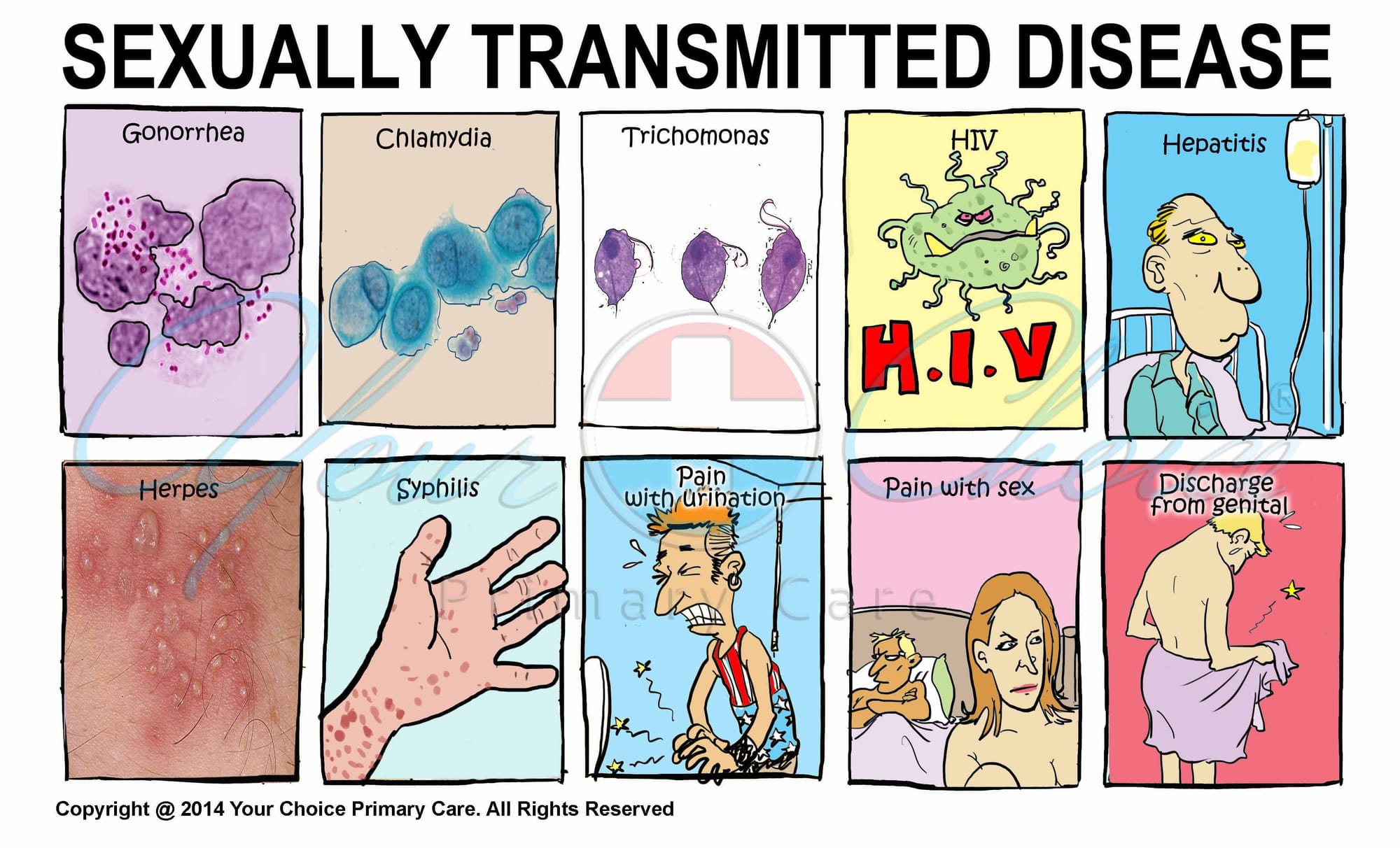
Sexually transmitted infections (STIs) are a significant public health concern that can affect anyone who is sexually active. For gay men, regular STI testing is especially crucial due to the increased risk of certain infections within the community. Understanding the importance of regular STI testing, how often to get tested, and what to expect can help you take control of your sexual health and protect yourself and your partners.
Why Regular STI Testing Matters
- Early Detection and Treatment: Many STIs can be asymptomatic, meaning you might not experience any noticeable symptoms. Regular testing ensures that infections are detected early, allowing for timely treatment and reducing the risk of complications.
- Preventing Transmission: Knowing your STI status helps prevent the spread of infections to your sexual partners. By getting tested regularly and practicing safe sex, you can play a crucial role in reducing the overall rate of STIs in the community.
- Health Complications: Untreated STIs can lead to serious health issues, including chronic pain, infertility, and increased susceptibility to other infections, including HIV. Early detection through regular testing helps prevent these complications.
- Peace of Mind: Regular testing provides peace of mind, knowing that you are taking proactive steps to maintain your sexual health. It also fosters open communication and trust in your relationships.
How Often Should You Get Tested?
The frequency of STI testing depends on various factors, including your sexual activity, number of partners, and whether you engage in high-risk behaviors. Here are some general guidelines:
- At Least Once a Year: All sexually active individuals should get tested for STIs at least once a year.
- Every 3-6 Months: If you have multiple partners, engage in unprotected sex, or have a partner who has tested positive for an STI, more frequent testing (every 3 to 6 months) is recommended.
- After Each New Partner: Consider getting tested after each new sexual partner to ensure that you and your partners remain healthy.
What to Expect During an STI Test
- Discussion with a Healthcare Provider: Your healthcare provider will discuss your sexual history and any symptoms you may be experiencing. This conversation helps determine which tests are necessary.
- Physical Examination: A physical exam may be performed to check for any signs of STIs.
- Samples Collected: Depending on the type of STI, samples may be collected through:
- Urine tests
- Blood tests
- Swabs from the genital area, throat, or rectum
- Confidentiality: STI testing is confidential. Your results and any information shared with your healthcare provider are private.
Common STIs and Their Tests
- Chlamydia and Gonorrhea: Tested through urine samples or swabs.
- Syphilis: Blood test.
- HIV: Blood or oral swab test.
- Herpes: Swab of a sore or blood test.
- HPV: Visual inspection or Pap test (for those with a cervix).
- Hepatitis B and C: Blood test.
What to Do If You Test Positive
- Follow Treatment Plans: If you test positive for an STI, follow your healthcare provider’s treatment plan carefully. Most STIs are treatable, and some are even curable with the right medication.
- Notify Partners: Inform your recent sexual partners so they can get tested and treated if necessary. This can be done confidentially if preferred.
- Follow-Up Testing: Complete any recommended follow-up tests to ensure the infection has been fully treated.
- Prevent Future Infections: Practice safe sex by using condoms and dental dams, reducing the number of sexual partners, and getting vaccinated for preventable infections like HPV and hepatitis B.
Regular STI testing is a crucial aspect of maintaining your sexual health and well-being. By staying informed and proactive, you can protect yourself and your partners from the potential consequences of untreated STIs. Remember, taking care of your sexual health is a sign of self-respect and respect for others. Make STI testing a regular part of your health routine and encourage others to do the same. Stay healthy, stay informed, and embrace your pride with confidence.